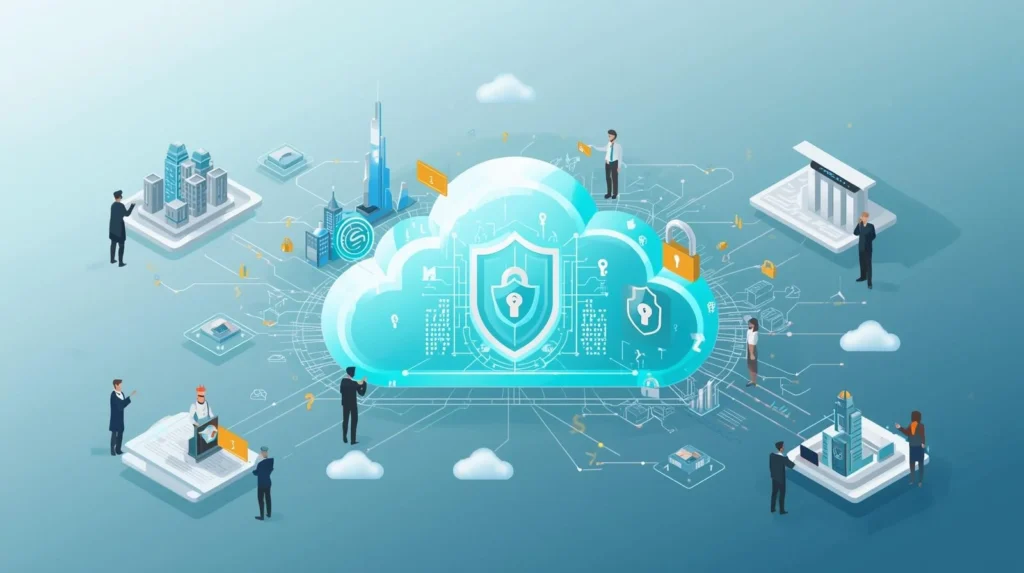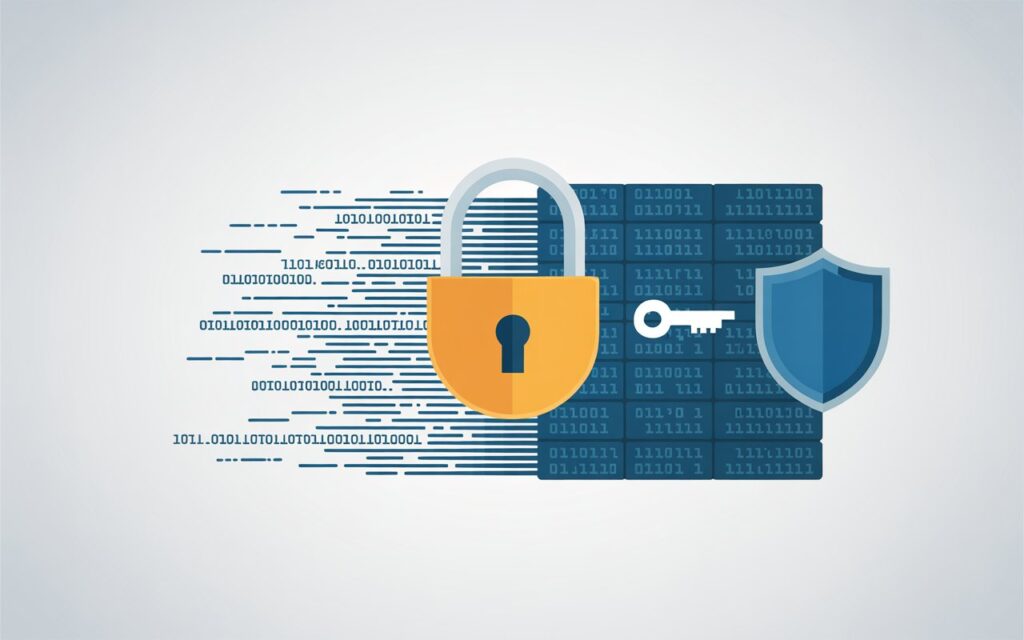
Top Cloud Security Solutions in UAE Safeguarding Enterprise Data in 2025
Key Areas of Cloud Security Every Enterprise Must Cover
Ensuring Regulatory Compliance and Data Privacy
Securing Hybrid and Multi-Cloud Environments
Threat Detection, Incident Response & Monitoring
Data Protection via Encryption and Key Management
Zero Trust & Identity Access Controls

How SK Technology Helps Businesses Secure Cloud Environments in UAE
Why Cloud Security is Now a Boardroom Priority
FAQs: Cloud Security Solutions in UAE
- What types of cloud security solutions are most relevant for UAE enterprises today?
Enterprises in UAE often benefit most from tools that address encryption, identity and access management, cloud workload protection, posture management, and threat detection. Solutions that cover compliance and hybrid cloud environments are especially important.
2. How does cloud security help with regulatory compliance in the UAE?
Security solutions ensure that data is stored and processed according to local laws (data residency, data protection laws), that organizations can audit and log access, and that sensitive data is encrypted and handled appropriately.
3.What makes hybrid cloud security challenging, and how can companies address it?
Hybrid cloud mixes on-premises and cloud infrastructure, which increases complexity. Companies must ensure visibility, consistent security policies, strong access controls, and integrate tools that can manage multiple environments without gaps.
4. How should companies approach threat detection and response?
Detection requires continuous monitoring and logging of user behavior, network traffic, and system changes. Response plans should be defined ahead of time, with procedures, responsible teams, and mechanisms for containment, recovery, and lessons learned.
5. Can small and medium enterprises (SMEs) in UAE afford enterprise-grade cloud security?
Yes. Cloud security solutions have become more modular. SMEs can start with essentials like identity controls, encryption, monitoring, and compliance tools, then scale as needed. Local providers like SK Technology can help design security plans within SMB budgets.


